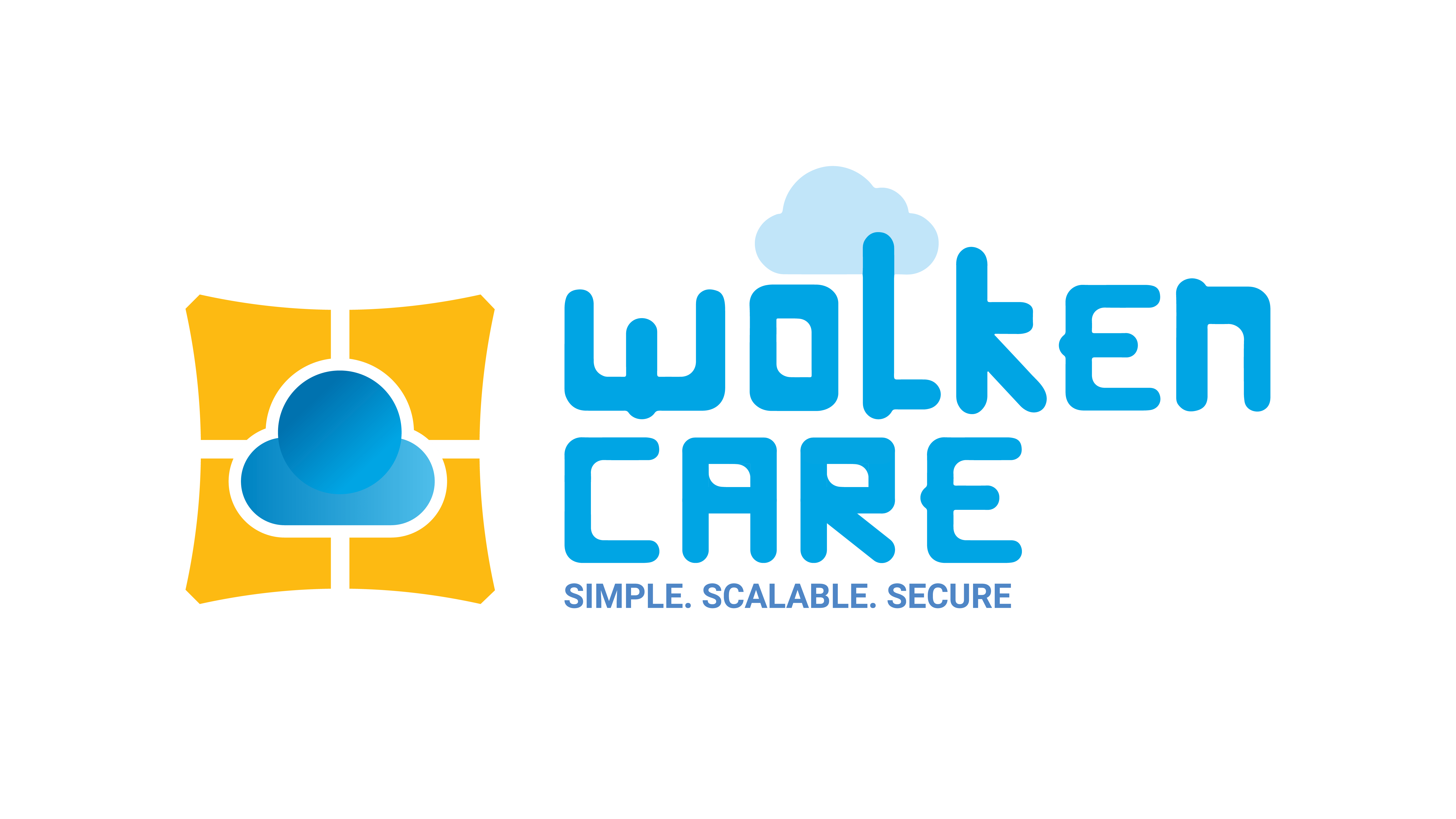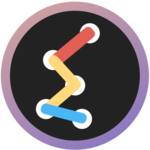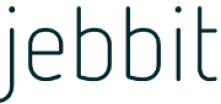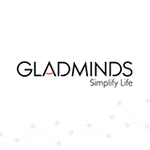Description

Ramen

Zenloop
Comprehensive Overview: Ramen vs Zenloop
As of my last update, I don't have any specific information regarding a product termed "Zenloop" under the context of Ramen. However, I am familiar with Zenloop as a company and with Ramen as a general product. Here, I will offer a comprehensive overview based on available data regarding those parameters.
a) Primary Functions and Target Markets
Ramen
- Primary Functions: In the context of software and digital products, particularly in the startup ecosystem, "Ramen" often refers to products or businesses that achieve "ramen profitability." This term was popularized by Paul Graham of Y Combinator and pertains to startups that generate just enough revenue to cover the founders' basic living expenses, allowing them to continue developing their business. It emphasizes lean startup operations with minimal expenses.
- Target Markets: This approach is generally used by early-stage startups, tech entrepreneurs, and small business founders who are in the process of scaling their operations but are not yet seeking large-scale profitability.
Zenloop
- Primary Functions: Zenloop is a customer experience management platform. Its main functions include collecting, analyzing, and acting on customer feedback. It utilizes the Net Promoter Score (NPS) system to gather insights and helps businesses improve customer satisfaction and retention through feedback loops.
- Target Markets: Businesses of all sizes looking to enhance customer experience, primarily those in sectors like retail, e-commerce, and hospitality benefit from Zenloop. It targets customer-centric companies that prioritize continual feedback and adaptation.
b) Market Share and User Base
Assessing the market share and user base of Ramen products typically involves examining the broader landscape of early-stage startups and entrepreneurial entities utilizing lean methodologies. Specific data on market share isn't usually applicable to "Ramen" as a concept.
For Zenloop:
- Market Share: Zenloop competes in the customer experience management sector, which includes players like Medallia, SurveyMonkey, and Qualtrics. While specific numbers can fluctuate, Zenloop holds a growing position, especially in European markets, due to its comprehensive feedback and analysis capabilities.
- User Base: Zenloop serves a wide range of users, from small to enterprise-level companies. Exact user numbers can vary, but Zenloop’s specialization in NPS makes it appealing for businesses focusing intensely on customer feedback.
c) Key Differentiating Factors
-
Operational Goals:
- Ramen: Focuses on achieving financial sustainability on a minimal scale, prioritizing cost-effective operations and survival over immediate profit scaling.
- Zenloop: Aims to enhance customer journeys and experiences through effective feedback mechanisms, driving business improvement and customer loyalty.
-
Market Focus:
- Ramen: The focus is more on sustaining startup operations with minimal expenses and maximizing efficiency.
- Zenloop: Concentrates on enhancing customer experience in established businesses through data-driven insight.
-
Scalability:
- Ramen: Represents the initial stages of scalability at a personal or micro level for startup operations.
- Zenloop: Directly offers scalable solutions for businesses seeking to expand their understanding and engagement with their customer base.
In conclusion, while "Ramen" is more of a financial and operational milestone for startups seeking sustainability, Zenloop is a specialized tool aimed at enhancing customer experience through detailed feedback mechanisms in the broader business context.
Contact Info

Year founded :
2014
Not Available
Not Available
United States
Not Available

Year founded :
2016
+49 30 30808000
Not Available
Germany
http://www.linkedin.com/company/zenloop
Feature Similarity Breakdown: Ramen, Zenloop
Ramen and Zenloop are both customer feedback platforms, each designed to help businesses gather insights from their customers to improve their products and services. Though they share some core features, they also have unique elements that set them apart. Here's a breakdown based on the three aspects you requested:
a) Core Features in Common
-
Survey Creation: Both Ramen and Zenloop offer tools for creating surveys that can be customized to gather specific feedback on products or services.
-
NPS Tracking: They both facilitate Net Promoter Score (NPS) tracking, allowing companies to measure customer loyalty and satisfaction over time.
-
Feedback Collection: Both platforms provide various channels for feedback collection, such as email, in-app surveys, or web links.
-
Analytics and Reporting: Ramen and Zenloop offer analytics dashboards that help users analyze results and identify trends and insights from the collected feedback.
-
Integrations: They support integrations with popular third-party applications and platforms (such as Slack, Salesforce, or Zendesk) to streamline workflows and communication across teams.
b) User Interface Comparison
-
Ramen: Known for its intuitive and simple user interface, Ramen typically appeals to smaller teams and startups that need efficient feedback loops without the complexity. Its design focuses on ease of survey creation and accessibility of results with minimal navigational layers.
-
Zenloop: Offers a more polished and possibly more comprehensive UI, targeted at larger enterprises. The interface is designed to manage a higher volume of feedback and more complex analytics. Zenloop often provides more detailed segmentation and filtering options, which are beneficial for businesses looking to derive deeper insights from their data.
c) Unique Features
-
Ramen:
- In-app Campaigns: Allows developers to create in-app pop-ups to collect user feedback in real time while they are using the app.
- Developer Focused Tools: Provides APIs and developer tools that facilitate deeper integrations and custom implementations, appealing to tech-savvy teams.
-
Zenloop:
- Text and Sentiment Analysis: Offers advanced text and sentiment analysis capabilities, which automatically categorize feedback and sentiment to help businesses understand customer emotions better.
- Action Management: Includes features for automating follow-up actions based on feedback, enabling companies to react promptly to any issues or suggestions provided by customers.
Each platform can provide significant value depending on the specific needs of a business. Zenloop is often preferred for its advanced analytics and insight capabilities, while Ramen is appreciated for its straightforward design and ease of use.
Features

User Management
Integration
Reporting & Analytics
Customer Support

Data Analysis
Actionable Insights
Customer Engagement
Feedback Collection
Integration Capabilities
Best Fit Use Cases: Ramen, Zenloop
Ramen and Zenloop are both tools designed to help businesses gather and analyze customer feedback, but they cater to slightly different use cases and business needs. Here's an exploration of their best-fit scenarios:
Ramen:
a) Best Fit Use Cases:
-
Product Development Teams: Ramen is well-suited for product teams, especially in startups or small to medium-sized enterprises. It's ideal for businesses that are in the early stages of product development and need direct customer feedback to refine their offerings.
-
Startups and Small Companies: Companies that need rapid iterations and adjustments to their products can benefit from Ramen's lightweight and straightforward approach.
-
Software as a Service (SaaS) Companies: SaaS companies focusing on user experience improvements can use Ramen to collect in-app feedback from users, which is critical for feature prioritization and bug fixing.
-
Customer Experience Management: Organizations looking to improve user experience and satisfaction can leverage Ramen to capture and act on real-time feedback.
d) Industry Verticals and Company Sizes:
- Tech and SaaS: Given its functionality, Ramen is widely used by tech companies and SaaS platforms that require constant feedback loops.
- SMEs and Startups: The tool is particularly beneficial for small to medium enterprises that need agile and iterative feedback mechanisms.
Zenloop:
b) Preferred Scenarios:
-
E-commerce Platforms: Zenloop is ideal for e-commerce businesses aiming to optimize customer journeys and enhance satisfaction through detailed feedback and Net Promoter Score (NPS) analysis.
-
Retail and Consumer Goods: Companies in retail can effectively use Zenloop for longitudinal customer feedback collection, which aids in understanding customer loyalty and retention.
-
Enterprise-Level Businesses: Larger businesses with complex structures can use Zenloop’s advanced analytics and segmentation capabilities to gather and analyze feedback across multiple departments and touchpoints.
-
Customer Success Teams: Organizations with dedicated customer success teams benefit from Zenloop’s comprehensive insights to tailor customer engagement and retention strategies.
d) Industry Verticals and Company Sizes:
- Retail and E-commerce: These industries often utilize Zenloop for its robust capability to analyze customer journeys and improve retention strategies.
- Large Enterprises and Corporations: Zenloop’s ability to scale and provide detailed analysis makes it a preferred option for larger companies that need to manage feedback at scale.
In summary, Ramen is an excellent choice for smaller, more agile tech-focused companies or startups that require iterative feedback for product development, while Zenloop is better suited for larger businesses or industries like retail and e-commerce that need comprehensive feedback solutions across various channels and customer touchpoints.
Pricing

Pricing Not Available

Pricing Not Available
Metrics History
Metrics History
Comparing teamSize across companies
Conclusion & Final Verdict: Ramen vs Zenloop
To determine the best overall value between Ramen and Zenloop, it is crucial to assess each product based on several critical factors such as features, pricing, user experience, integration capabilities, customer support, and scalability.
a) Best Overall Value
Overall Value Verdict: The product offering the best overall value depends largely on the specific needs and priorities of your organization. However, if you need a more comprehensive feedback tool with a vast array of integrations and scalability options, Zenloop might be the better choice. On the other hand, if your primary focus is on simplicity, ease of use, and affordable pricing, Ramen could be more suitable.
b) Pros and Cons
Ramen:
-
Pros:
- Ease of Use: Ramen is user-friendly, making it easy for teams to quickly set up and start collecting user feedback without steep learning curves.
- Affordability: Generally offers competitive pricing, which is attractive for startups or small businesses with limited budgets.
- Simplicity: Focuses on core features essential for basic feedback collection, avoiding unnecessary complexities.
-
Cons:
- Limited Features: May lack some advanced features or integration capabilities that larger organizations might require.
- Scalability Issues: Might not scale as efficiently for rapidly growing businesses or larger enterprises with more complex needs.
Zenloop:
-
Pros:
- Comprehensive Features: Offers a robust set of features including advanced analytics, customer journey mapping, and tailored feedback loops.
- Integration Capacity: Extensive integration options with other enterprise-grade tools and platforms.
- Scalability: Suitable for businesses aiming for growth, adaptable for expanding teams and evolving customer feedback strategies.
-
Cons:
- Complexity: With advanced features, the platform can become overwhelming, requiring training or a steeper learning curve.
- Higher Cost: Typically comes with a higher price tag, which might not be feasible for smaller businesses.
c) Recommendations for Users
-
Identify Your Needs: Start by clearly defining what you need from a feedback platform. Consider factors like the size of your business, budget constraints, required features, and future growth plans.
-
Budget Considerations: If budget is a primary concern and you need a tool for quick, essential feedback implementation, Ramen might be a more cost-effective option.
-
Feature Priorities: If advanced features, analytical capabilities, and integrations with other software are necessary for your operations, Zenloop may be worth the investment.
-
Trial Periods: Take advantage of any free trials offered by both platforms to understand their interfaces and functionalities better before committing.
-
Customer Support: Consider the level of customer support offered. If you anticipate needing guidance and assistance, ensure the platform you choose provides adequate support.
By carefully evaluating these aspects, users can make a more informed decision that aligns with their specific requirements and business goals.
Add to compare
Add similar companies




